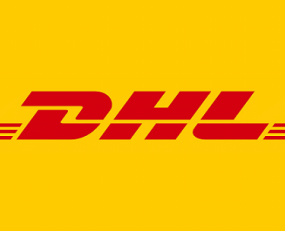
The City of London Corporation, DHL Supply Chain and Ford Pro are conducting a sustainable delivery trial at London’s historic Billingsgate Market to explore ways to reduce traffic, improve air quality and offer a better customer experience.
Launched in March 2022 and continuing until August 2022, 40 traders at Billingsgate are taking part in the trial, which focusses on deliveries from the market to commercial customers in the capital.
Many traders rely on vans to make these deliveries, but for much of the day these vans are not in use. The City Corporation identified the opportunity to consolidate some of those trips, which avoids duplicating journeys and requires fewer vans.
Funded by the City Corporation, which owns and manages Billingsgate Market, the trial is being run using DHL Supply Chain and Ford Pro vehicles, software, and servicing support.
The 18-week collaboration has revealed significant opportunities to benefit both business and the environment. There has been an estimated 37% reduction in CO2 emissions compared with business as usual, with 949 fewer vehicle journeys on central London’s congested roads resulting in 23,961 fewer kilometres driven overall. This has also supported reduced costs and improved efficiencies for participating businesses.
This trial is part of the City Corporation’s aim to reduce the environmental impact of its wholesale markets through innovation, including the planned relocation of Billingsgate, Smithfield and New Spitalfields markets to Dagenham Dock. An electric vehicle charging point has been installed in the market car park.
The seven refrigerated Ford Pro vehicles, including an all-electric Ford E‑Transit, are equipped with sensors that feed real-time data into Ford Pro Telematics and the FORDLiive connected uptime system to support fleet managers as they monitor the efficiency, condition and health of the vehicles.
This connected vehicle data helps Ford Fleet Management monitor and manage remaining oil life, AdBlue levels and tyre pressures to reduce the likelihood of unscheduled downtime. Fleet managers are also alerted to punctures or windscreen damage and can schedule required servicing and repairs around operating hours to minimise the impact on deliveries.
Source: DHL